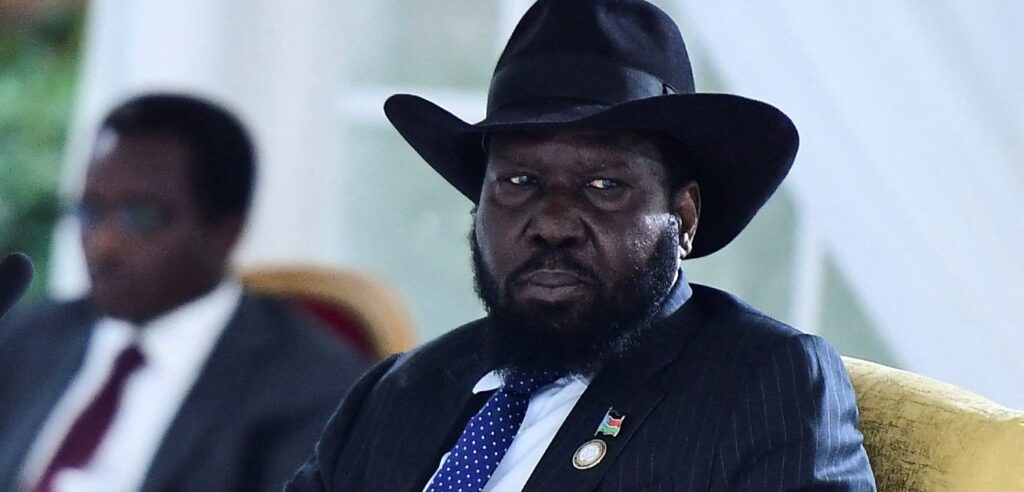The Interim Chairperson of the Reconstitution Joint Monitoring and Evaluation Commission (RJMEC), Maj Gen Charles Tai Gituai, on Thursday called on the unity government to mobilize resources for the implementation of the pending tasks of the 2018 peace agreement.
Speaking during the RJMEC monthly plenary in Juba, Gen Gituai said the bulk of the funding should be internally generated.
“There is unprecedented need to do things differently this time around. A clear demonstration by the RTGoNU to mobilize sufficient resources to implement the agreement would be a strong indication of political will and commitment,” said Gituai.
He said progress had been slowed down by many recurring challenges such as insufficient political will, trust deficit, and lack of sufficient funds.
“Throughout implementation of the Revitalized Peace Agreement, progress has been slowed down by many recurring challenges such as insufficient political will, trust deficit, lack of sufficient, dedicated and predictable funding and capacity gaps,” he said.
The UN Special Representative to South Sudan, Nicholas Haysom, said the request for financing needs to be backed with demonstrable proof it will be utilized for the intended purpose.
“I noticed the various appeals for funds upfront, including by the technical bodies, but let me emphasize that requests for external or international financing need to be backed with demonstrable proof that national financial resources are being prioritized for long overdue steps and that the South Sudanese themselves are capable of displaying the political will to complete this project,” said Haysom.
“There are opportunities for quick wins that the parties must seize. We’ve identified a number of achievable benchmarks where we assess that with a sense of urgency, the parties can address by February 2025,” Haysom.
Last month, South Sudan’s government again postponed its scheduled elections, originally planned for December 2024, by another 24 months, pushing the election to 2026. The postponement follows a history of failed attempts to conduct elections in the country.
A transitional unity government, established in February 2020 under a 2018 revitalized peace agreement, was tasked with overseeing the transitional period and ensuring free and fair elections by the end of the transition.




